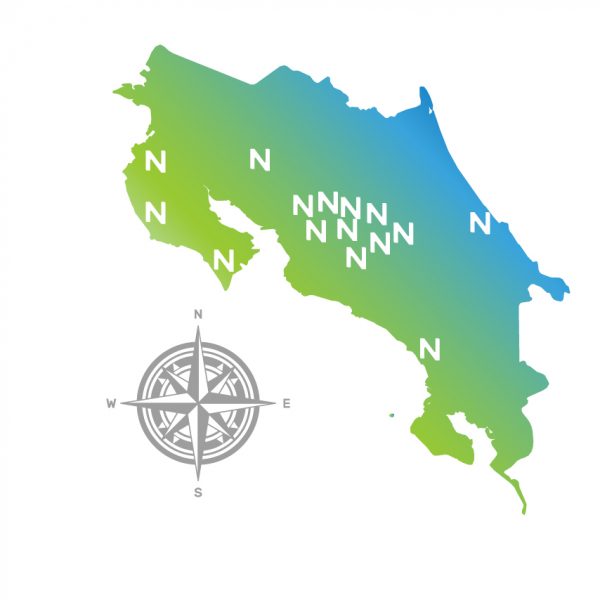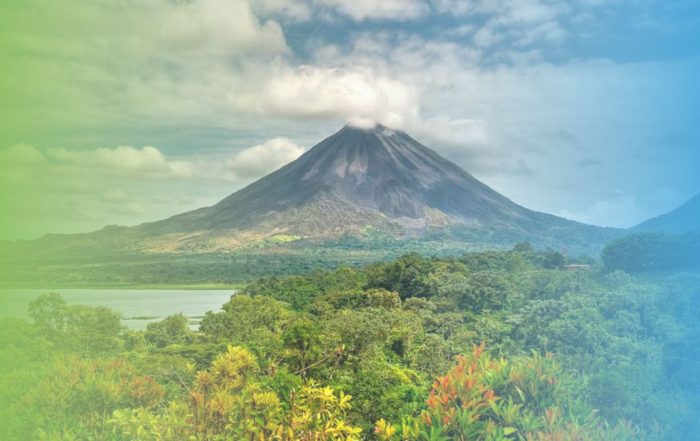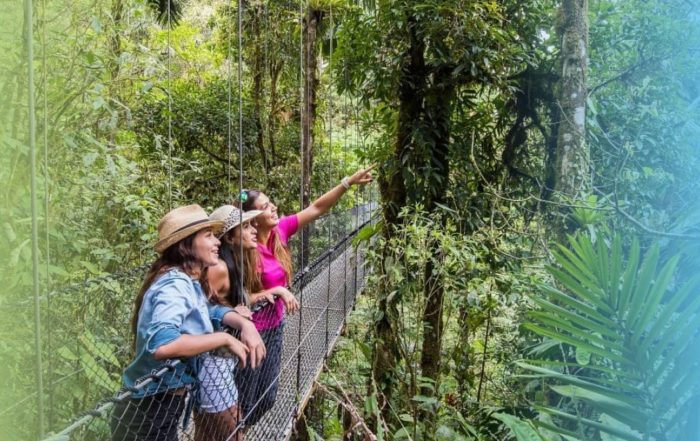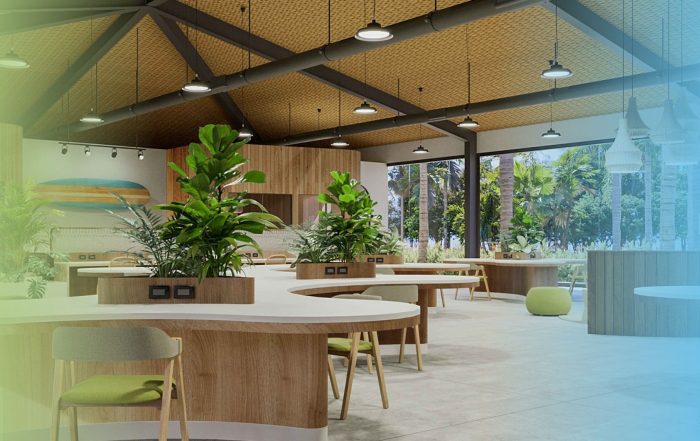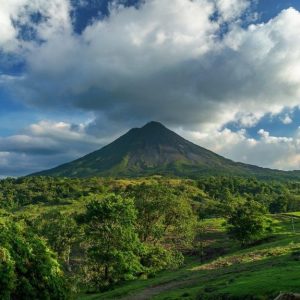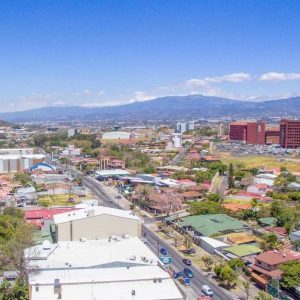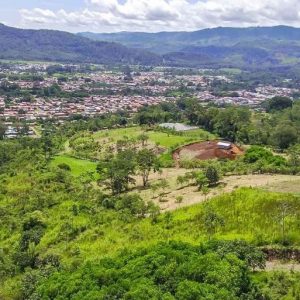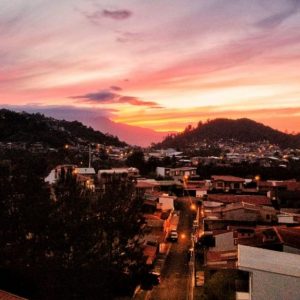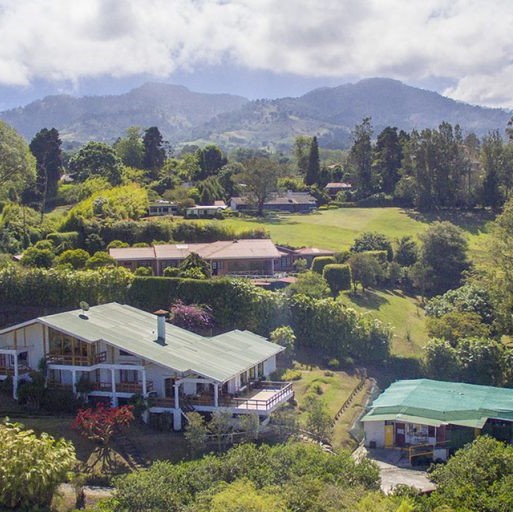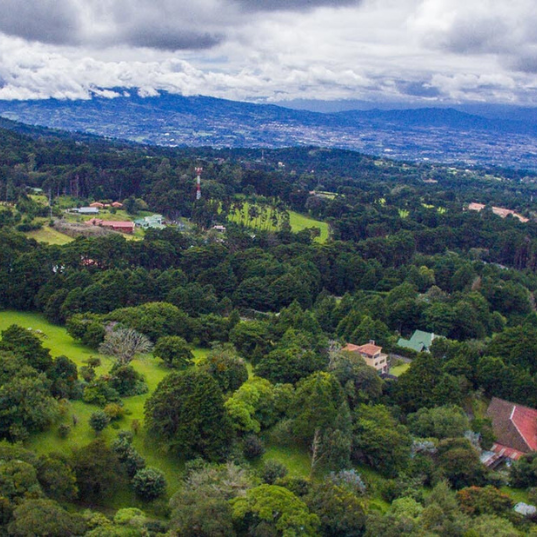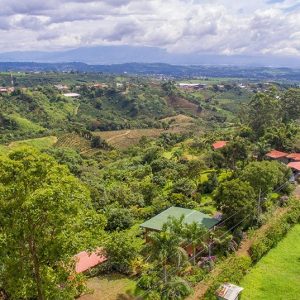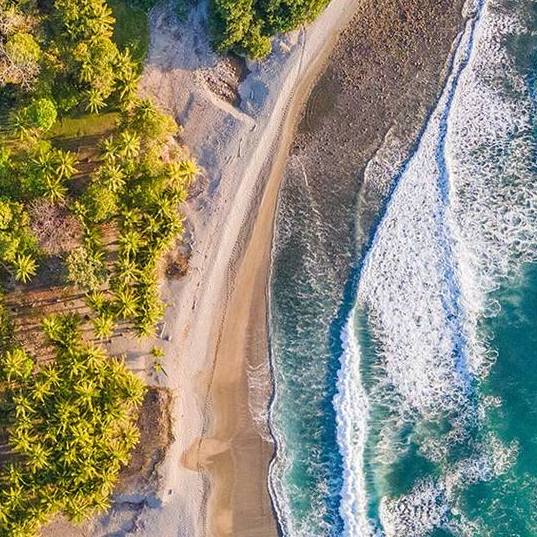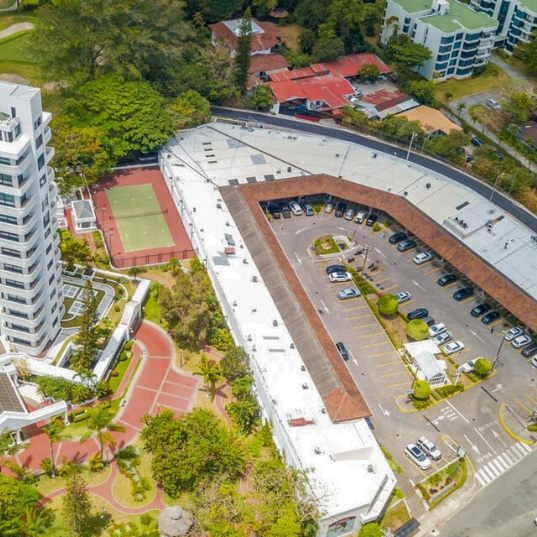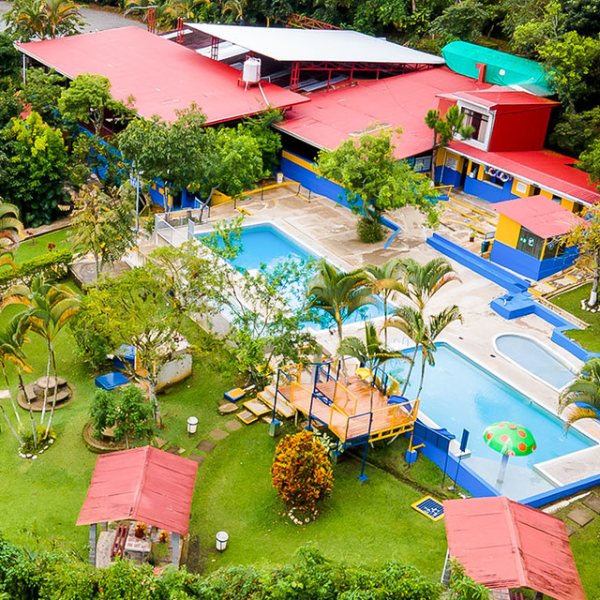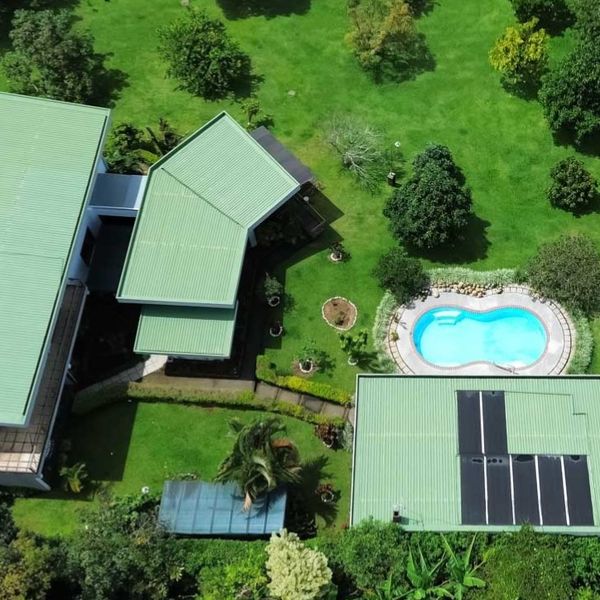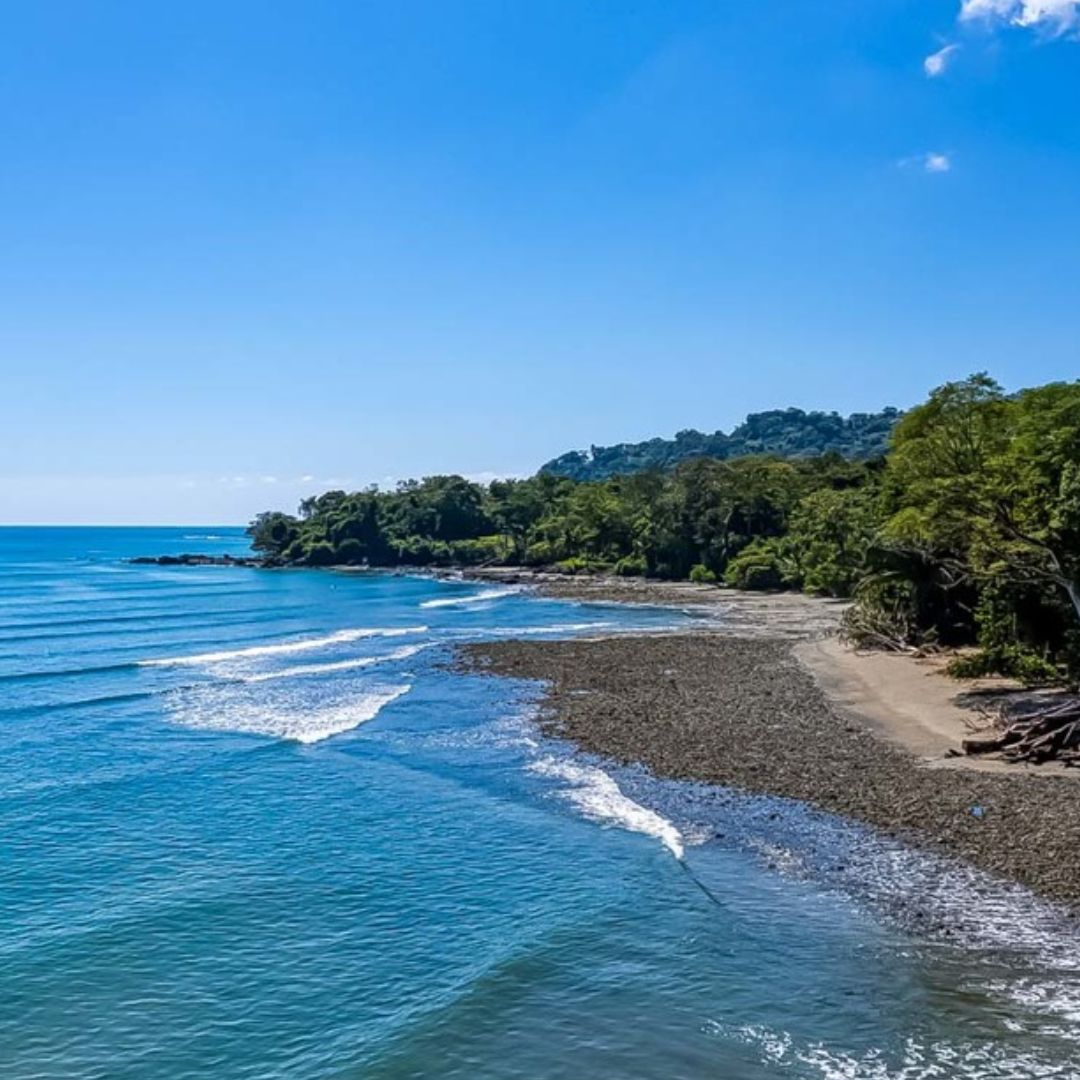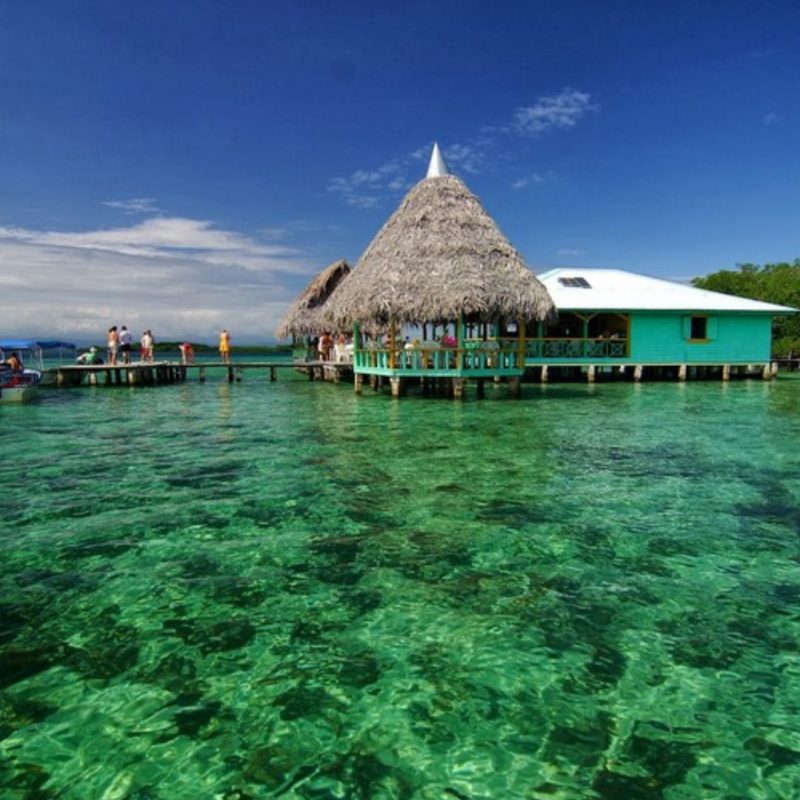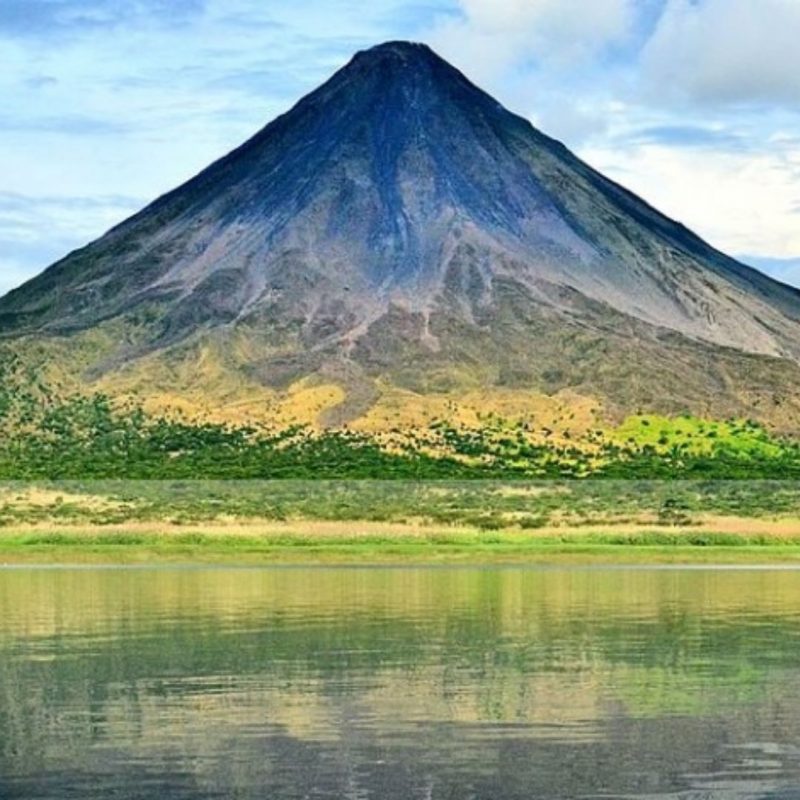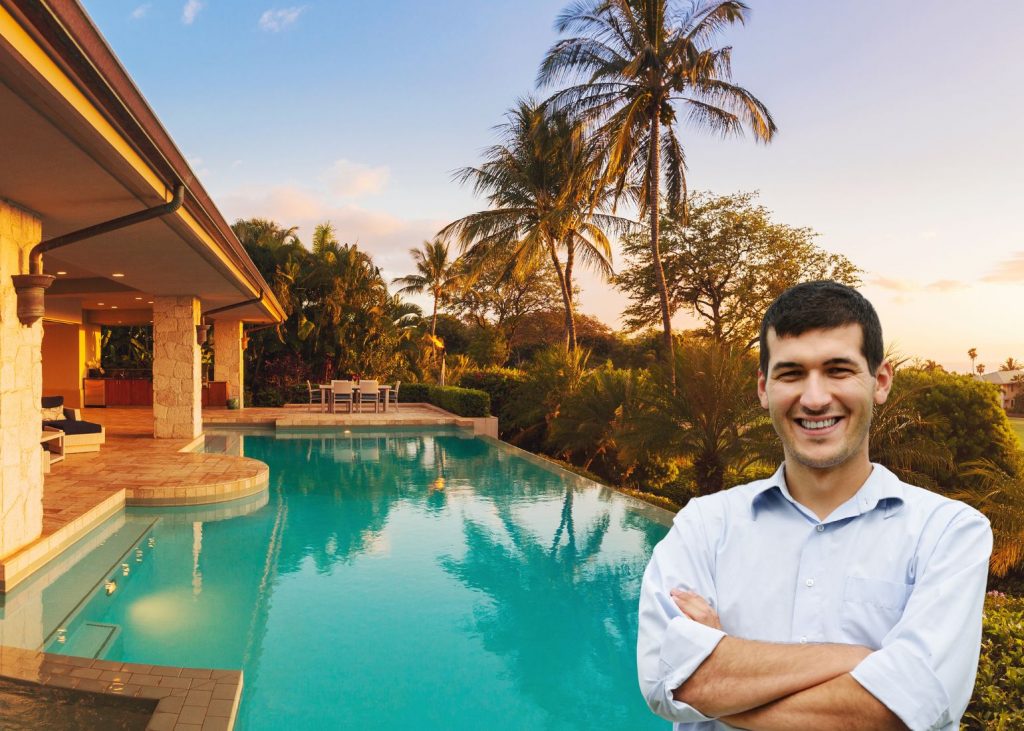1-Define if you want to buy a lot to build or a property with a house already built.
2- Choose the area of your preference, which suits your lifestyle, work, tastes, etc. Once the area has been selected, you can proceed to determine your purchasing power, that is, how much money you can invest or how much money you have to acquire the space that you will make yours. Once that budget is defined, which can be for bank financing, savings or both, then you can proceed to look for the property that meets the established characteristics.
3- In the case of lot purchase: Verify that the lot is in order, by requesting the cadastral plan, investigating if there is any encumbrance through a registry study and inquire about the land use of the lot to verify if what you want to build It has the endorsement of the municipality of the area. Also, it is recommended to request a soil study, to find out the type of soil on which it is going to be built and to analyze the security that the environment will have, for example if it will be inside a condominium and will have 24/7 security service.
4- In the case of house purchase: Request the cadastral plan, the construction plans and verify the electrical design and the system used for the water. It is also recommended to check the property for liens, make an extensive inquiry about the way the house was built and the warranty on the materials used.
5- Once the above points are clear, you can proceed to determine the form of financing that you will use for the purchase of the lot or house.


